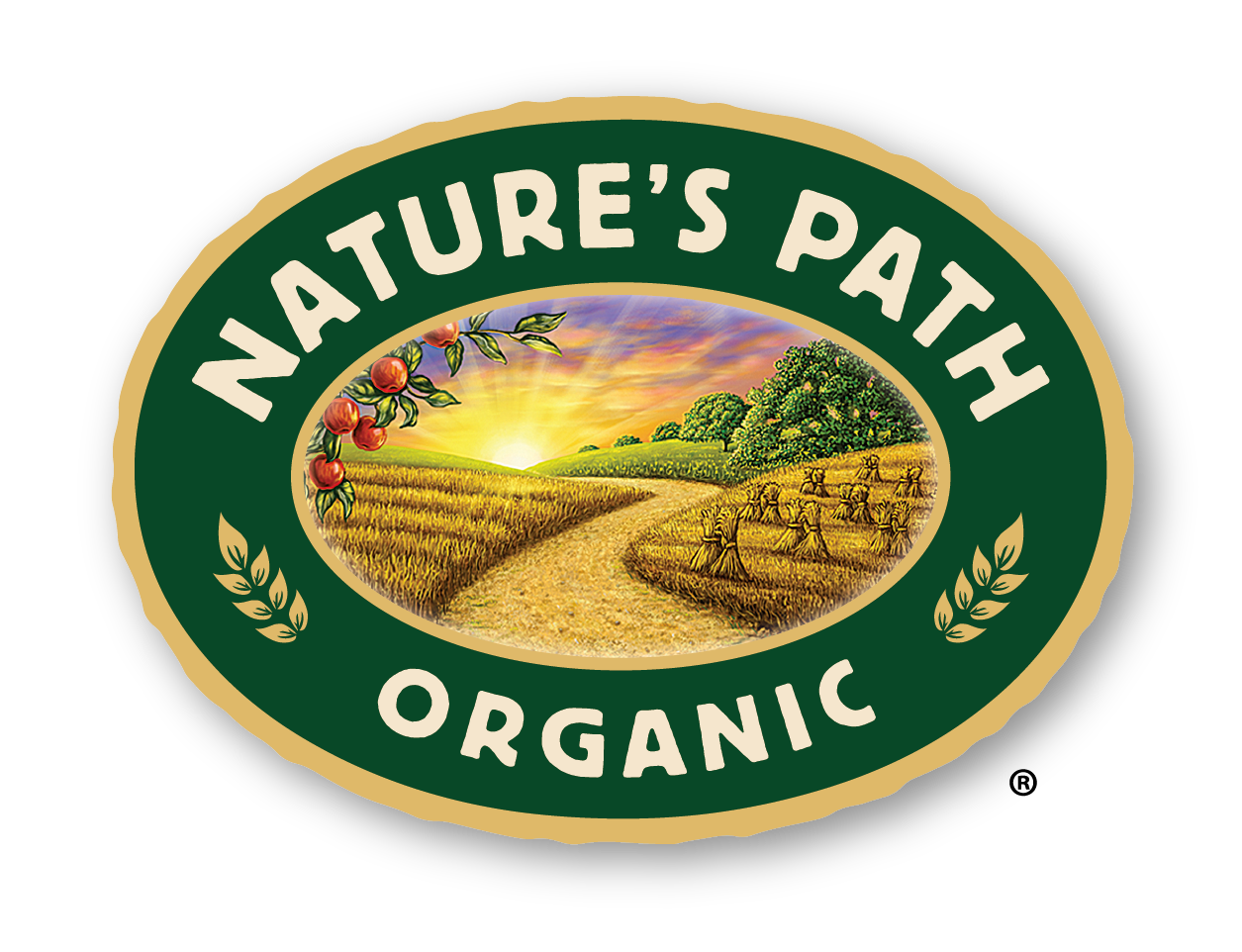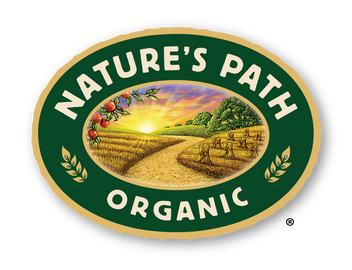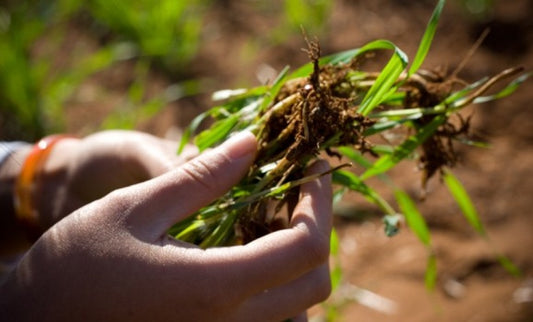 Despite the organic movements good intentions, we know there is a lot of misinformation out there. It can get confusing and daunting, but we want to help you, our customers, have a better understanding of what all the certifications and processes mean. Here are the most common questions we receive, answered all in one place for quick and easy learning!
Despite the organic movements good intentions, we know there is a lot of misinformation out there. It can get confusing and daunting, but we want to help you, our customers, have a better understanding of what all the certifications and processes mean. Here are the most common questions we receive, answered all in one place for quick and easy learning!
1. What's the difference between Certified Organic and Non-GMO Project Verified?
Both the USDA Organic Logo and Canadian Organic Logo indicate that a product is certified organic. Organic products are produced without the use of GMOs, synthetic fertilizers and pesticides, artificial flavors, colors or preservatives. The Non-GMO Project Verified seal only ensures that the product complies with the Non GMO Project Standard, but does not account for the other benefits that organic certification offers. We believe certified organic is the best choice when buying food for your family and the best way to avoid artificial flavors, colors, preservatives, synthetic fertilizers and pesticides, and genetically engineered ingredients.
We believe certified organic is the best choice when buying food for your family and the best way to avoid artificial flavors, colors, preservatives, synthetic fertilizers and pesticides, and genetically engineered ingredients.
2. What is glyphosate?
Glyphosate, also known as Roundup Ready®, is the most widely used herbicide in the history of agriculture. It's a powerful weed killer used on genetically modified crops that have been created to resist any damage inflicted by this herbicide. However, it may also be found on non-GMO crops, as its presence in the environment is nearly unavoidable. Conventional farmers spray it on their fields between plantings to reduce weed populations and as a desiccant on grain and bean crops.
3. Some organic food travels very far distances. Isn't it more sustainable to buy local?
When it comes to environmental impact, the distance food travels only accounts for 11 per cent of its carbon footprint. How the food is grown accounts for 83 per cent. Thus, organic food can travel across the world by ship, train or truck and still be more sustainable than its conventional counterpart grown in the city. If your top priority is to choose eco-friendly foods, then buying organic is the way to go. You do get bonus points if it's organic and local!4. Doesn't organic farming require more land than conventional farming? Isn't that worse for the environment?
Most conventional crops are monocrops, meaning they only produce one type of food. Organic farming, however, tends to grow multiple crops in the same space. This encourages biodiversity and the two (or more!) crops can work together to improve harvests.
5. Don't organic farms have lower yields than conventional farms?
In the long term, organic farms have higher yields than conventional farms. Every year since 1981, the Rodale Institute has been studying organic vs. conventional agriculture side by side. They have found their average grain yields from organic fields to be almost as high as the conventional fields. Additionally, organic fields have yielded significantly more than conventional ones during dry years. Other solid, long-term comparison studies suggest organic farms produce at least 80 per cent -100 per cent of what conventional farms yield.6. Why is organic food so expensive?
Organic food actually reflects the true cost of food. The price you see at the grocery store for a conventional product doesn't tell the whole story. The retail price is often offset by subsidies and ignores broader costs that affect both consumers and producers. Buying organic food is more economically efficient, as it is profitable while reducing environmental impacts that consumers would pay for in other ways.
7. Is organic food beneficial to my health?
One consistent finding in recent studies on the nutritional quality of organic foods has found that antioxidants in organic food are significantly higher than those in conventional foods. This is great news, as antioxidants play a key role in preventing chronic disease by collecting free radicals before they develop into health problems.8. How can I trust organic certification?
Organic certification has rigorous standards and procedures behind its label. Yearly inspections and reviews are made to ensure farmers and producers are adhering to organic production requirements. It's a formal process that is not taken lightly. We hope this compilation of questions and answers provided you with a better understanding of organic food. If we missed any questions, let us know in the comments and we'll be happy to answer them!Would you like to be the first to hear about our new products and more? Sign up for our Nature’s Path Newsletter.








